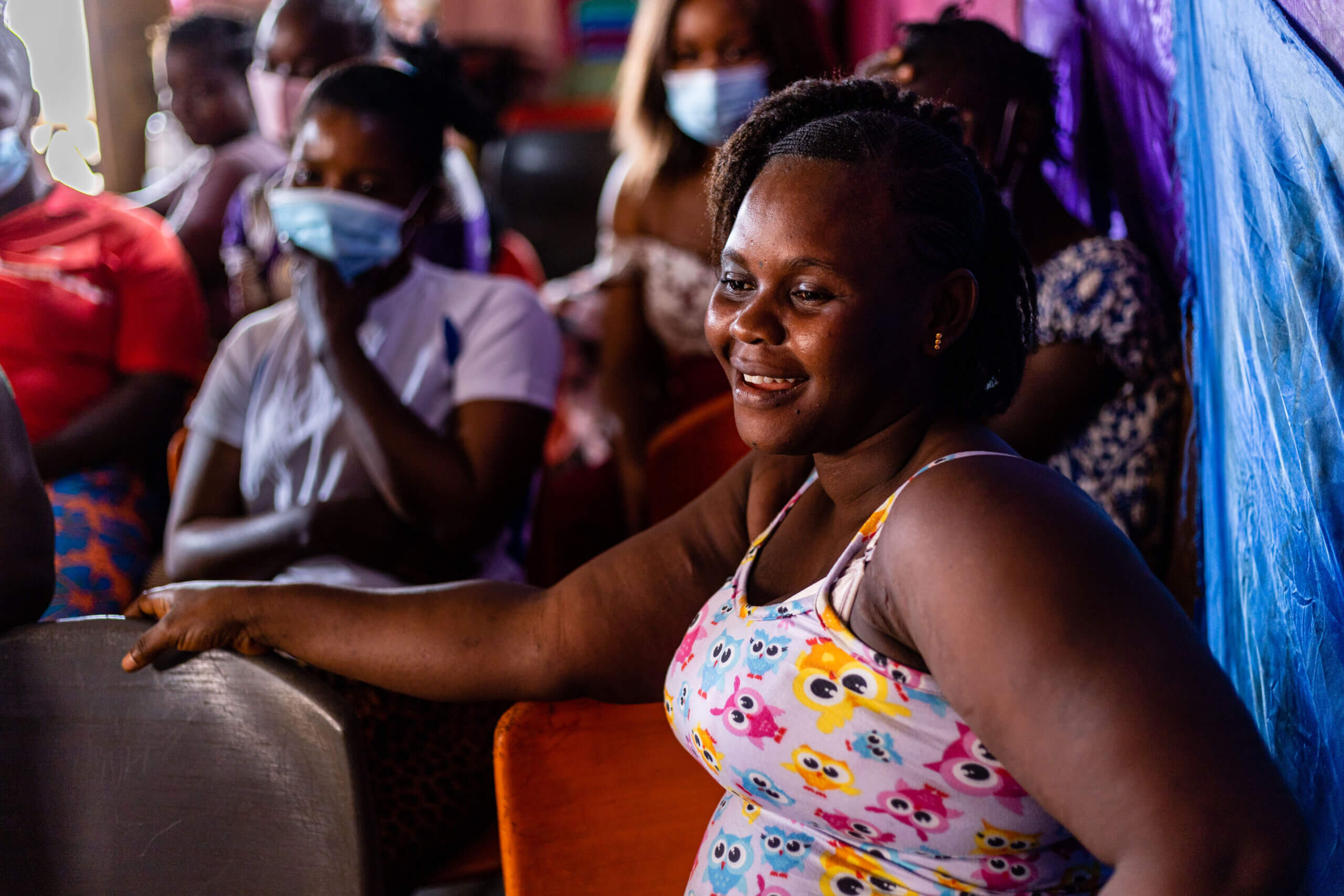Two Recent MSI Advocacy Wins in Kenya and Tanzania
We reflect on two advocacy wins in Kenya and Tanzania that have increased access to sexual and reproductive health and rights.
IN KENYA: We successfully advocated for the Ministry of Health to approve a clinical handbook on ‘Prevention and Management of the Big 5 Direct Causes of Maternal Morbidity and Mortality’
MSI advocated for the instatement of revised guidelines addressing five major causes of maternal morbidity and mortality in Kenya: Postpartum Haemorrhage (PPH), Obstructed Labor, Early Pregnancy Complications, Severe Pre-eclampsia, and Eclampsia.
In 2012, the Ministry of Health launched the “Standards and Guidelines for Reducing Morbidity and Mortality from Unsafe Abortion in Kenya”, but in 2013, the Director of Medical Services withdrew it with no explanation. This provoked confusion, fear, and stigma, causing providers to step back from abortion care provision due to uncertainty about the legality.
MSI Kenya partnered with the Reproductive and Maternal Health Consortium Kenya to advocate for its full reinstatement. After five years of little progress they changed strategy to advocate for a new document under a new title, encouraging the Ministry of Health to comply without seemingly backtracking on the withdrawal of the previous guidelines.
In 2019, the Supreme Court ruled that the removal of the guidelines had violated rights, stating that the Ministry of Health should reinstate them immediately. The COVID-19 pandemic and the elections delayed progress, but MSI Kenya and partners were quietly refining the guidelines behind the scenes. The revised guidelines were finally approved in late 2023.
MSI Kenya are continuing to further secure the right to abortion by advocating for the passing of the Family RH Bill, which would further secure and reinforce the constitution, which gives Kenya women the right to access abortion services for a broad range of reasons.
Read more about this advocacy win here.
IN TANZANIA: We helped secure the Government of Tanzania’s signature on the UNFPA Compact Agreement — and crucial funding for family planning commodities
In December 2022, the Tanzanian Government signed the UNFPA Compact Agreement, committing to increased resources for family planning commodities.
The Country Compact Agreement is a co-financing agreement between UNFPA and national governments on the procurement of reproductive health commodities. Advocacy led by MSI Tanzania and UNFPA contributed to the Tanzanian Government committing to over $1.2 million USD to family planning commodity procurement in 2023. The budget analysis for 2023 showed that the country has complied with these commitments.
In Tanzania, prior to 2023, inadequate financing for contraceptive commodities resulted in a high unmet need. The government had prioritised other areas of health, such as immunisation, making family planning one of the most donor-dependent areas. To meet family planning needs, it became essential for the government to help mobilise resources.
To secure this win, MSI and UNFPA led capacity-strengthening sessions on technical issues related to domestic health financing, tailored to senior Ministry of Health and Ministry of Finance officials involved in budget decision making. MSI Tanzania also leveraged its position as co-chair of the National Family Planning Consortium.
MSI Tanzania will continue to convene and co-facilitate working sessions to monitor progress on Compact Agreement commitments.
Read more about this advocacy win here.






